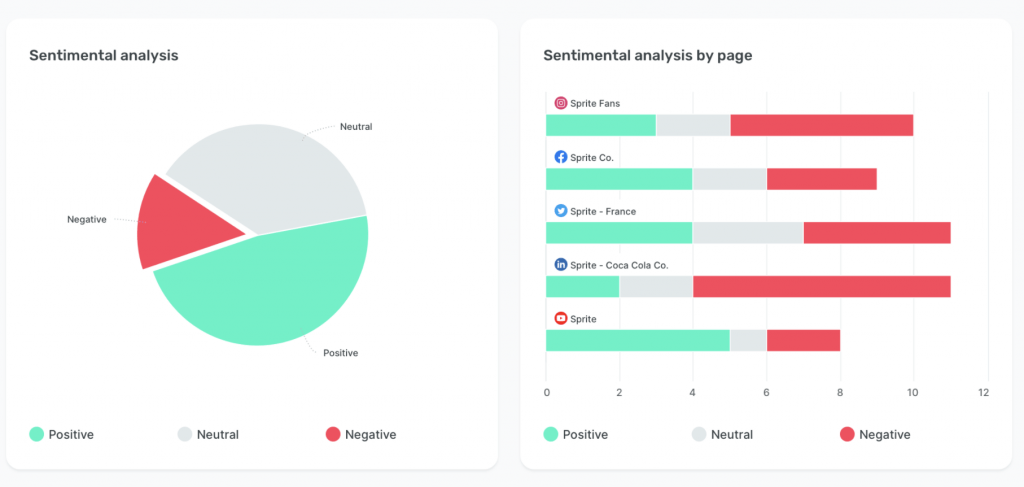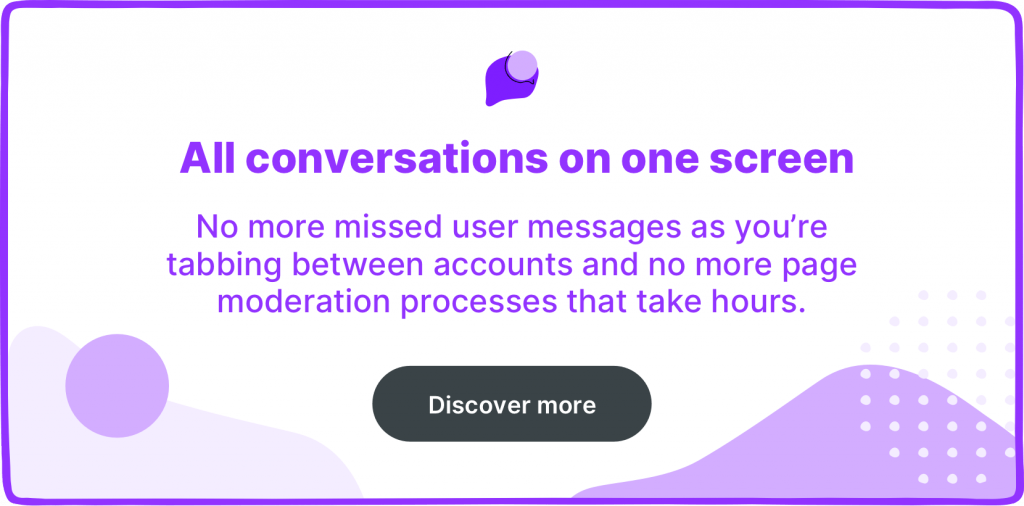Summarize this article via
Social media networks have become one of the top places for brand and product reviews. Reviews shared on social media appear more honest or authentic, especially if they come from someone in our network.
Brands love it when customers engage with their products or services on social media, but the comments and overall social media engagement aren’t always positive. No brand is exempt from negative comments or posts — if it hasn’t happened to you yet, it will. What’s important is how you handle the negative feedback.
Does negative social media comments impact sales?
Critical comments on social media do matter for your brand, and if you choose to ignore them, it will affect more than your image. Research shows that poor ratings and reviews on platforms like Google and Facebook can hurt your revenue.
Because online reviews factor so heavily into the purchasing decisions of today’s consumers, you can’t afford to let negative comments go unaddressed. To paint a clearer picture of the influence social media feedback has on your business, consider these statistics:
- 45% of the world’s population uses social media
- 35% of customers in the US post negative comments about companies on social media, and 53% post positive comments
- 54% of social media users use social media to research products
- 1 in 3 social media users prefer customer care over social media than over telephone or email
- Answering a complaint on social media can increase customer advocacy by up to 25%
- 3 out of 4 consumers trust a company more if it has positive reviews
- 85% of consumers say they trust online reviews as much as personal recommendations
- Negative information is 63% more likely to be clicked on than positive information
- 48% of the 9000 respondents to the 2021 Edelman Trust Barometer survey say it’s a brand’s fault if their advertising appears next to hate speech, violent, or sexually inappropriate content
- When a customer gets a response from a brand on Twitter, they’re willing to spend up to 20% more on their products in the future
Comments on social media play a crucial role in your business, especially if it’s negative. What can marketing experts do to address negative feedback on social media, and how can social media management tools help?
How to address negative social media comments?
When someone posts or comments negatively about your brand on Facebook, Twitter, Instagram, or another social platform, it’s not the end of the world. It’s still a serious matter, however, and you should act quickly. These actionable insights will help you turn negative comments into a positive for your business.
Track negative comments
It’s easier to handle negative reviews if you can stay ahead of them. Use social media listening tools or feedback tools to track mentions of your company, as well as branded hashtags and URLs. Choose a social listening app that lets you set rules-based email alerts, so you’re notified of anything remotely negative or out of the ordinary right away.
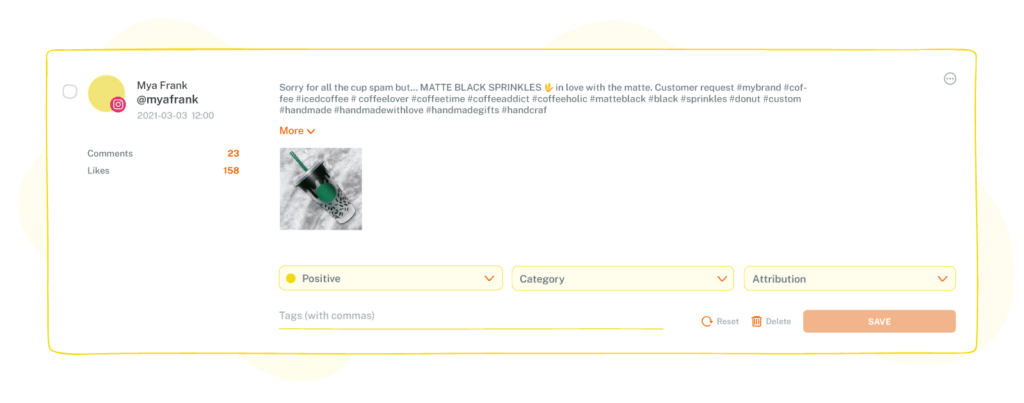
The Sociality.io engage module lets you group common complaints and questions and set up a template response to them. As a result, concerns that pop up often are dealt with quickly. Social listening also lets you track social media trends related to your entire industry, not just opinions about your brand. You can get insights into how your audience may change their preferences and work to stay ahead of the curve.
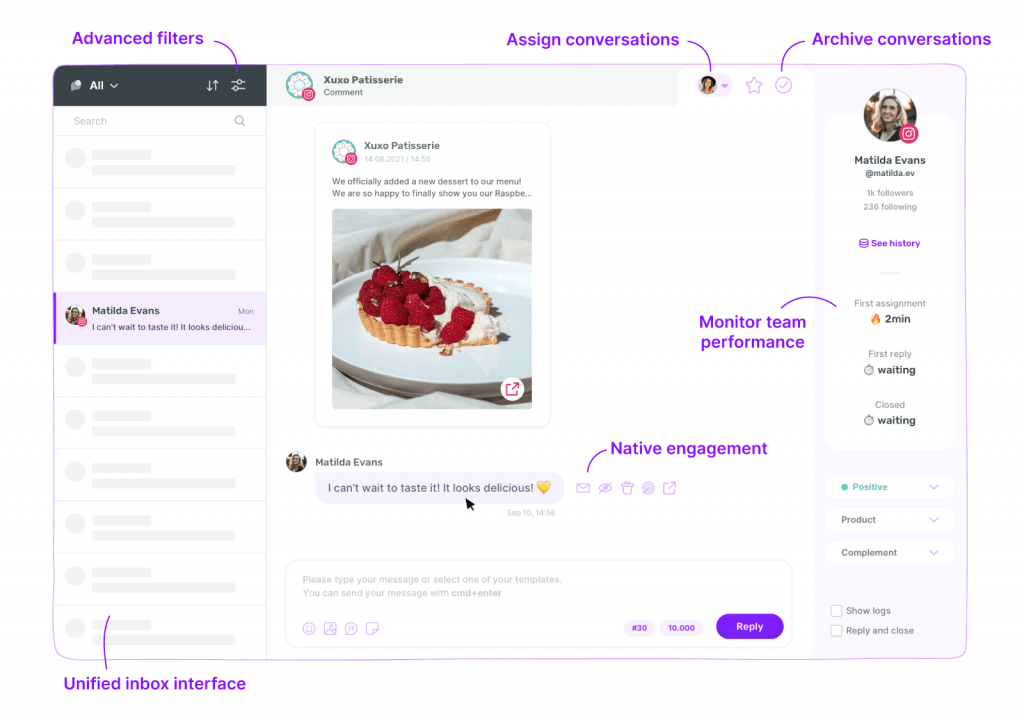
Good social listening tools also give you the chance to carry out competitor analysis. See if your competitors generate positive buzz and figure out why, or look for their negative comments and try to avoid the same mistakes. Audit tools complement social listening as well, because they help shed some light on how other brands in your industry are faring with negative social media comments.
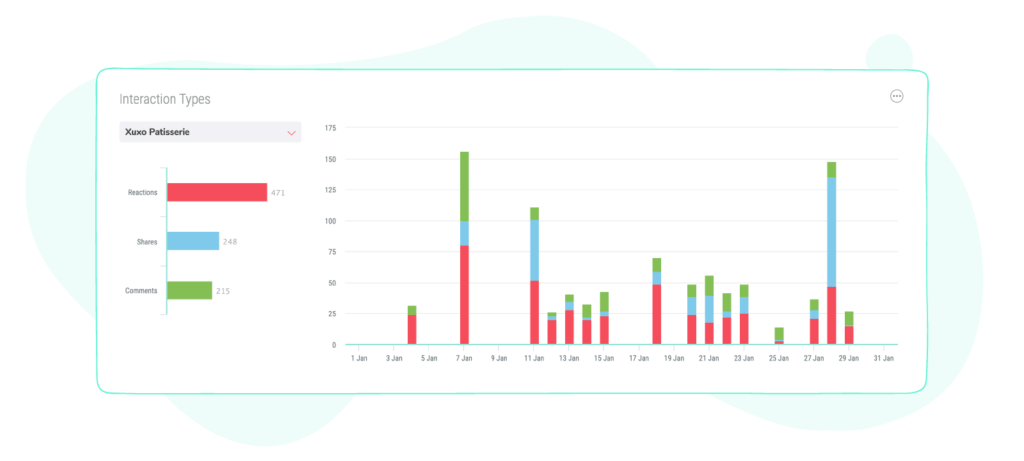
Get to it right away
The faster you respond to negative comments on social media, the better. Customers typically expect a response from brands concerning a problem within an hour. With a social media moderation tool that allows you to keep all your conversations on the same screen, you can ensure a rapid response to negative comments. With Sociality.io, you can customize notifications to receive them either via email or through the mobile app. You can also assign certain conversations to members of your team and add categories for feedback. Categorizing your negative comments allows you to create and send reports later on to your social media team as well as your top management.
Think of each negative comment as a review
When you see a negative comment or post, approach it as a way to improve your product or service. Negative comments is still feedback, and if it helps you improve your offerings, then it’s valuable info.
Zappos is notorious for their fun, friendly approach to Twitter customer service. They stay positive about mishaps and respond quickly to customer requests as well.
Additionally, negative feedback is much more beneficial to your company when you’re able to track, organize, and categorize it. Compiling negative and critical feedback across all social media into one report to present to your chief marketing officer, for example, will do more for your brand than treating each negative comment as a one-off. Use social media analytics and reporting tools to assess how much negative comments affect your overall social media content strategy.
Gather all the facts
You can’t resolve someone’s problem if you don’t have all the information. Often, a comment, post, or Tweet may lack details about a purchase or product, so try to gather this information before taking action. When did the customer purchase the product, and from where?
Don’t rely on the customer to provide you with all the details, either. Utilize your company’s resources to get the facts you need about this customer.
Know when to stay public and go private
Sometimes, negative feedback creates delicate situations and it’s best to move it to a private conversation. It’s important to know the difference between public and private issues, and when you should send a customer a direct message as a response instead.
Southwest Airlines gets a lot of complaints about delayed flights, missing bags, and other frustrating things about air travel on Twitter. Their customer service reps respond to each one, leaving their first name at the end to personalize the message. When the issue requires more details or involves a Southwest employee, the @SouthwestAir team knows it may be better handled via DM.
Some customers send direct messages to brands in the first place, thinking they may get a faster response or wanting to keep their problem private. If managing direct messages in addition to public comments and posts becomes too overwhelming, you can turn to automated solutions.
Manage negative comments across social media
Comments on social media have never been more important. Negative comments let your company know what you can improve on and gives you a chance to engage honestly and authentically with customers. By tracking, collecting, and analyzing all the negative comments you get across all your social platforms, you can also pick out trends and gather valuable insights about your social media marketing strategy.
With a tool like Sociality.io’s Engage, keep all your coments – positive and negative – in one place. Save each of your conversations and even export engagement activity to an Excel file to make it easier to analyze.
Bad comments on social media will happen. With the right tools, you can transform it from a disadvantage into an opportunity.
